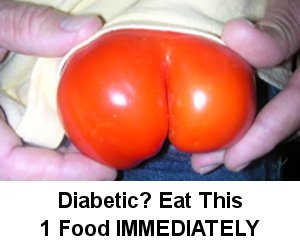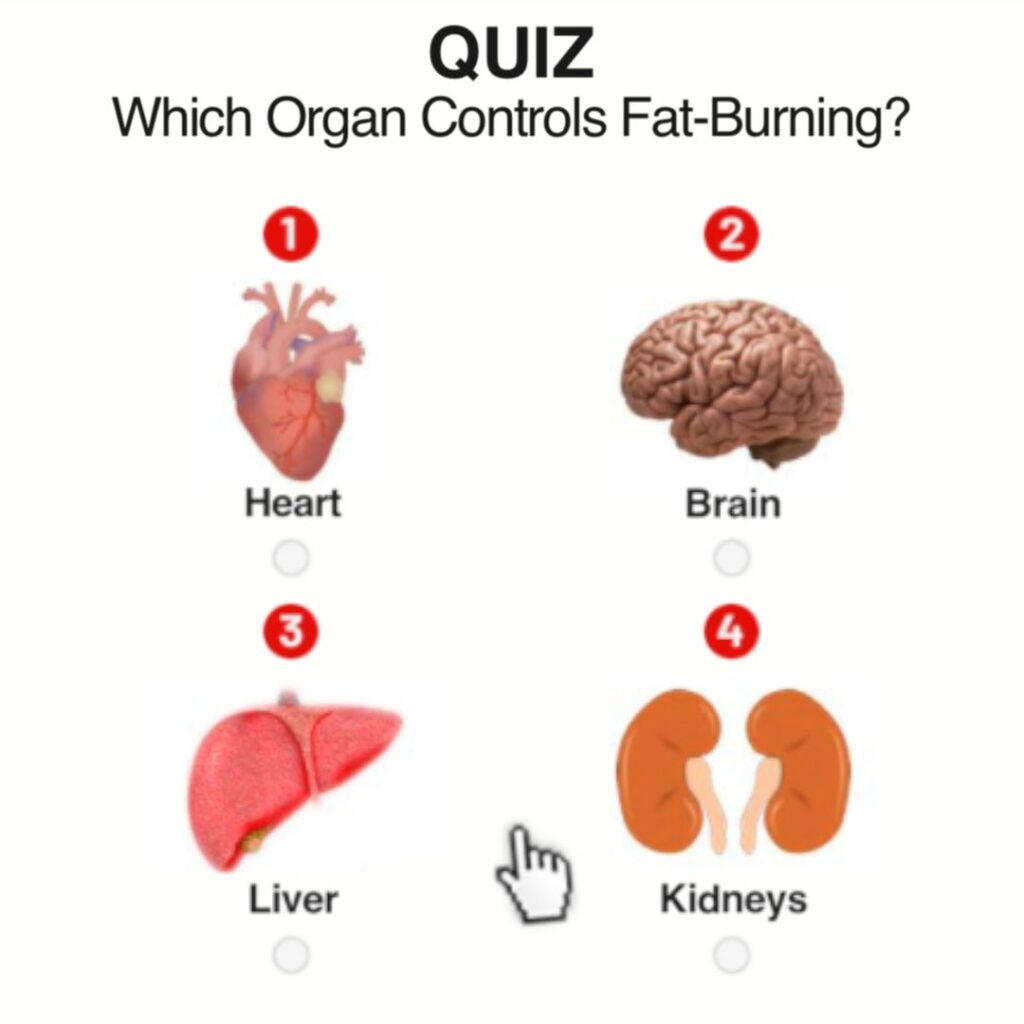Every year it seems that there are new dietary guidelines or upgrades being introduced which totally go against past study conclusions. There are new foods that give more energy, new super-duper supplements to help you lose weight faster, new diets to follow or new eating programs to help us slim down.
In the past, fats were stigmatized as dangerous foods that should be avoided or at least limited in our daily meals because it would lead to weight gain and could be a major contributor to heart disease.
The following article set this old belief straight by pointing to flawed conclusions from past studies.
I agree with the studies points in that excess carbohydrates and sugars are the villain when it comes to gaining extra weight. I have seen the evidence of this in the people I train with and that I see working out regularly. Once they cut back on the amount of useless calories from these foods they were able to realize easy weight loss and improved fitness.
We do need carbs and sugars in our daily diets, but not from the types of food or the amounts that we are currently consuming. Good fats, however, should be a necessary part of our diets. These include such things as avocados, nuts, organic butter made from free ranging cattle, meats from free ranging live stock. Margarine is not good fat and neither is farm raised fish.
The fat fight: Study fuels row over UK, U.S. diet guidelines

Women sit on a bench in New York’s Times Square in this file photo taken on May 31, 2012. REUTERS/Brendan …
Nutrition and health specialists criticized a study on Monday which argued that dietary fat advice given in the United States and Britain was based on flimsy evidence and should not have been introduced.
The study, published in the Open Heart journal, said national advice on fat consumption issued to millions of Britons and Americans in 1977 and 1983 with the aim of reducing heart disease “lacked any solid trial evidence to back it up”.
But in the latest chapter of a long-running row about whether fat is the true culprit in the global obesity epidemic, independent experts said the research was flawed and failed “to take into account the totality of the evidence”.
Both the British and U.S. dietary guidelines recommended reducing overall dietary fat consumption to 30 percent of total intake and limiting saturated fat to around 10 percent — advice that has remained broadly the same since the 1970s and 1980s.
Zoe Harcombe of the University of the West of Scotland and James DiNicolantonio of the Saint Luke’s Mid America Heart Institute, who co-led Monday’s study in the Open Heart journal, said their research — a meta-analysis of the randomized controlled trials available at the time — suggested the guidelines were inconsistent with the evidence.
“The available [trials] did not support the introduction of dietary fat recommendations in order to reduce [coronary heart disease] risk or related mortality,” they wrote, adding that it seemed “incomprehensible” that dietary advice was given to millions of Americans and Britons given the “contrary results”.
Health experts looking for clues to persistently rising obesity rates around the world have recently begun to question whether fat is the main, or only, villain, and many are turning a spotlight on sugars and other carbohydrates instead.
Yet several independent experts asked to review Harcombe’s and DiNicolantonio’s work criticized the study’s approach and advised extreme caution in concluding the guidelines were wrong.
“The claim that guidelines on dietary fat introduced in the 1970s and 80s were not based on good scientific evidence is misguided and potentially dangerous,” said Christine Williams, a professor of human nutrition at Britain’s Reading University.
Nita Forouhi, a nutritional epidemiology specialist and public health consultant at Britain’s Cambridge University said the Open Heart study’s attempt to apply a “retroscope” to the trial-based evidence of the time was “unhelpful for several reasons, including methodological limitations and interpretation”.
“As such, the current dietary guidelines on fat intake should not be influenced by this study,” she said.
You can view the original post here.
P.S. If you want to get the upper hand on losing weight and having more long-term energy and vitality then it’s time eliminate or at least cut down on the amount of useless carbs and sugars you eat each day. Add a proper exercise routine and some discipline and you can’t help but realize good health.
Visit How to Prevent Pre-diabetes for more information on getting healthy.






